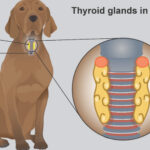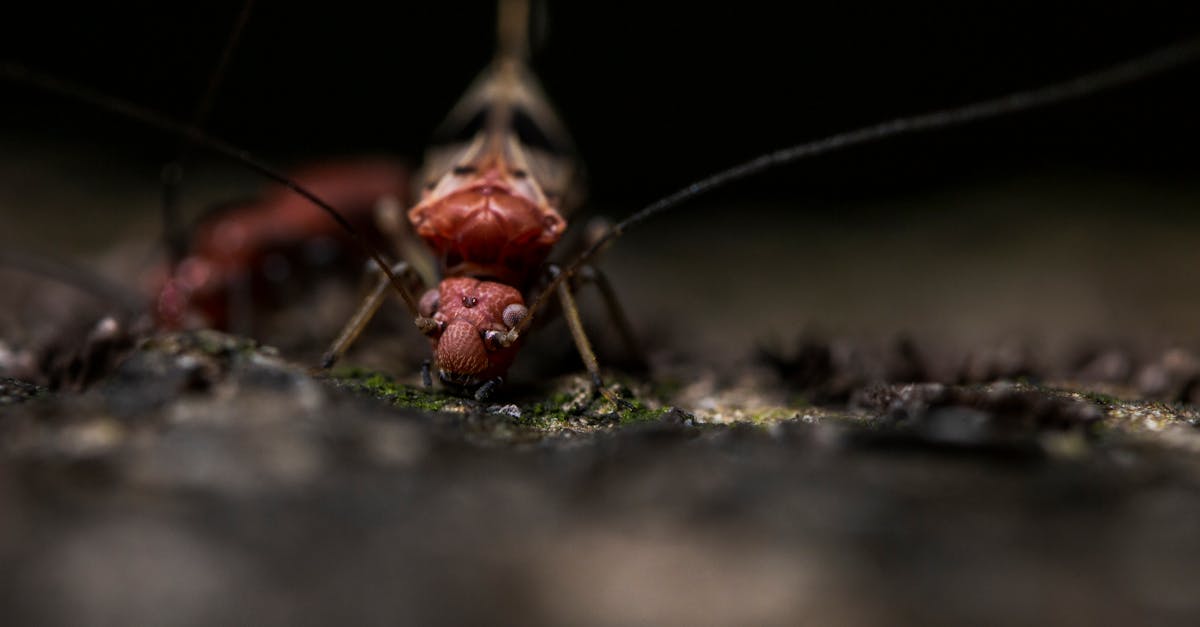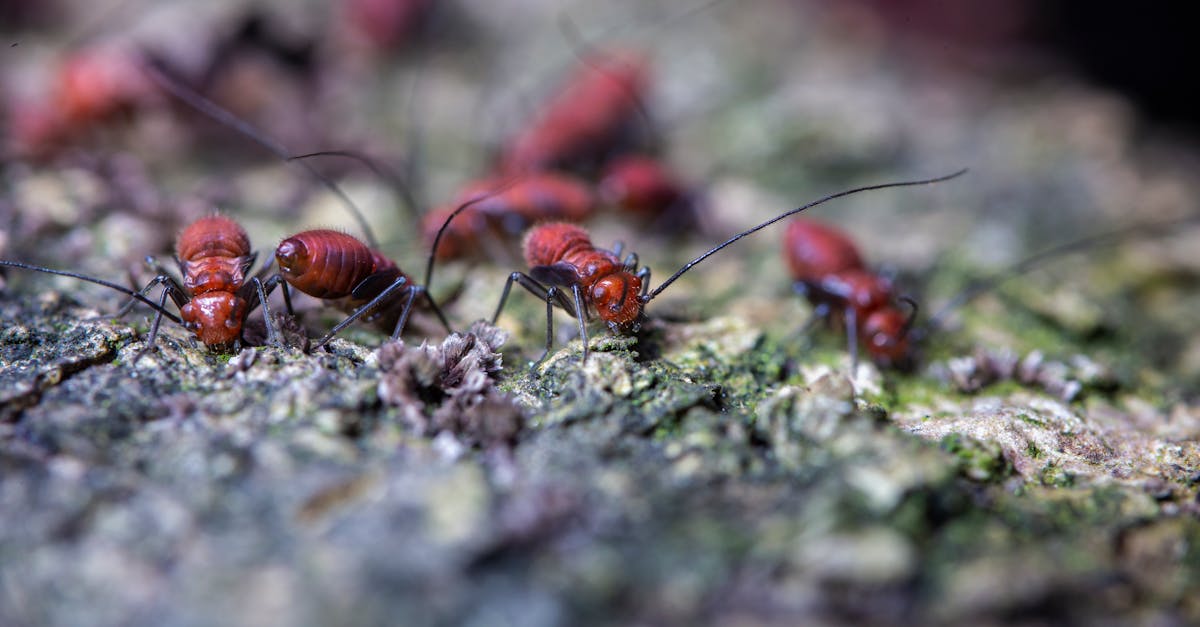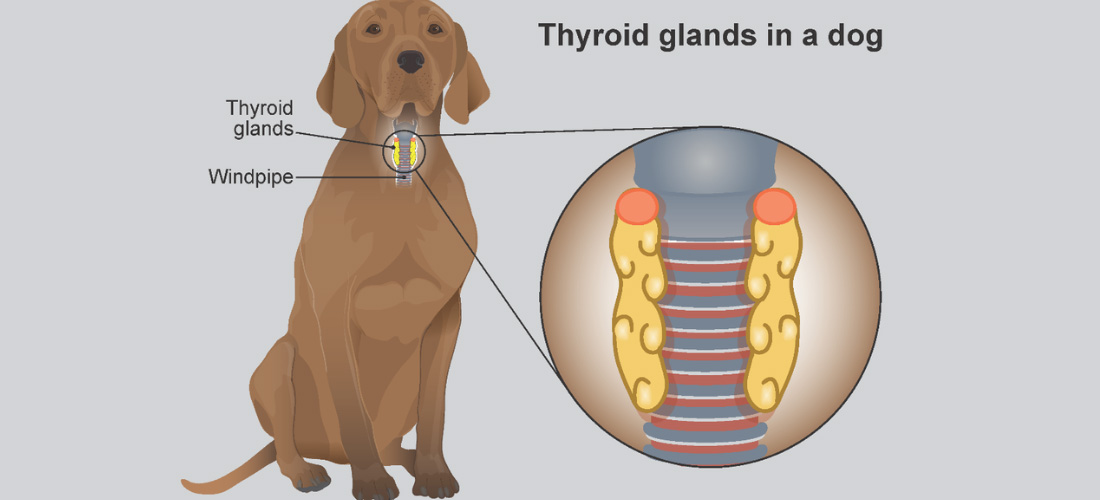Discovering the World of Ants as Pets
Ever wonder why people are so obsessed with dogs and cats? I’ve often thought about this myself. As much as I love the furry companionship of traditional pets, I couldn’t help but think about alternatives that might be more suited to a busy lifestyle. Then, one day, it hit me that ants might just be the perfect low-maintenance pets!
If you’re like me, you might be sceptical at first. After all, ants don’t exactly have the same cuddly appeal as a puppy or kitten. But trust me, there’s more to these tiny creatures than meets the eye. Let’s dive into the fascinating world of ants and explore why they might be the ideal pets for modern living.
Why Ants? Unveiling the Benefits
Low-Maintenance Lifestyle
One thing I’ve learned from my experience with traditional pets is that they require a lot of time and effort. Feeding, grooming, walking, and cleaning up after them can be quite the commitment. But ants? They’re a breeze to care for in comparison.
- Feeding: Ants are scavengers by nature. You can feed them a variety of foods, from fruits and vegetables to tiny bits of protein. It’s interesting how a few crumbs can go a long way!
- Housing: Ant farms or formicariums are easy to set up and maintain. You don’t need a lot of space or expensive equipment.
- Cleaning: Ants are incredibly tidy creatures. They have designated areas for waste, making it easy to keep their habitat clean.
If you ask me, the low-maintenance aspect alone makes ants a compelling choice for anyone with a busy schedule.
Educational Value
What’s surprising is how much you can learn from observing ants. They are social insects with complex behaviours and interactions. From my point of view, an ant colony is like a tiny, bustling city with its own rules and roles.
- Teamwork: Ants work together seamlessly, each performing specific tasks for the colony’s benefit.
- Communication: They communicate through chemical signals called pheromones, which is fascinating to watch in action.
- Problem-Solving: Ants are resourceful and can adapt to challenges, making them intriguing subjects for study.
It dawned on me that keeping ants as pets could be an excellent educational experience for children and adults alike. You’d be surprised at how much there is to learn from these tiny creatures.
Cost-Effective Pet Ownership
Let me tell you, owning traditional pets can be expensive. Between food, vet bills, grooming, and other supplies, the costs can add up quickly. Ants, on the other hand, are incredibly cost-effective.
- Initial Setup: A basic ant farm kit is relatively inexpensive and comes with everything you need to get started.
- Food: Ants require minimal food, which can often be sourced from your kitchen scraps.
- Healthcare: Ants don’t need vaccinations or regular vet visits, saving you a significant amount of money.
To put it simply, ants offer a budget-friendly alternative to traditional pets without sacrificing the joys of pet ownership.
Environmentally Friendly
From what I’ve seen, ants are also an eco-friendly pet option. They have a minimal environmental impact compared to larger pets.
- Waste Management: Ants produce very little waste, and their habitats are easy to clean and maintain.
- Resource Use: They require minimal resources, making them a sustainable choice.
- Carbon Footprint: The carbon footprint of keeping ants is negligible, especially when compared to larger pets.
It’s no surprise that more people are considering ants as a green alternative to traditional pets.
My Journey into Ant Keeping
The Initial Fascination
One time, I was at a friend’s house and noticed an ant farm on their shelf. It reminded me of the ant farms we had in school, but this one was more sophisticated. My friend explained how they got into ant keeping and all the benefits they’d experienced. That’s when something surprising happened—I became genuinely interested in ants as pets.
Setting Up My First Ant Farm
I decided to give it a try. Setting up my first ant farm was easier than I expected. Here’s a quick guide based on my experience:
- Choose a Formicarium: I opted for a clear acrylic formicarium to easily observe the ants.
- Select a Species: I chose a common species, the Black Garden Ant (Lasius niger), which is easy to care for.
- Prepare the Habitat: I filled the formicarium with a suitable substrate and added a small water source.
- Introduce the Ants: I carefully introduced the ants to their new home, ensuring they had everything they needed to thrive.
It’s interesting how quickly the ants adapted to their new environment. Watching them explore and settle in was incredibly rewarding.
Observations and Learnings
Over time, I’ve made several fascinating observations:
- Ant Behaviour: Ants are incredibly organised and efficient. They quickly established foraging trails and designated areas for different activities.
- Colony Growth: It’s amazing to watch the colony grow and expand. Each new member plays a crucial role in the colony’s success.
- Interaction: Ants are social creatures. Their interactions are complex and purposeful, providing endless entertainment and learning opportunities.
It hit me that keeping ants as pets is not only enjoyable but also intellectually stimulating.
The Science Behind Ant Keeping
Understanding Ant Colonies
Ant colonies are structured in a way that ensures the survival and efficiency of the group. Here’s a breakdown of the key roles within a colony:
- Queen: The queen’s primary role is to lay eggs. She is the heart of the colony.
- Workers: Worker ants perform various tasks, including foraging, caring for the young, and maintaining the nest.
- Soldiers: Some species have soldier ants that protect the colony from threats.
You might find this helpful if you’re considering starting your own ant farm. Understanding the colony’s structure can enhance your appreciation of these tiny creatures.
The Role of Pheromones
Ants communicate using pheromones, which are chemical signals that convey information. This form of communication is crucial for the colony’s organisation and efficiency.
- Trail Pheromones: Used to mark paths to food sources.
- Alarm Pheromones: Alert the colony to danger.
- Recognition Pheromones: Help ants identify members of their own colony.
It’s no surprise that ants are often studied for their advanced communication methods. The truth is, their use of pheromones is a remarkable example of nature’s ingenuity.
Environmental Adaptations
Ants are incredibly adaptable and can thrive in various environments. Here are some examples:
- Desert Ants: Adapted to extreme heat and can navigate using the sun’s position.
- Leafcutter Ants: Cultivate fungus as a food source, demonstrating advanced agricultural skills.
- Army Ants: Known for their aggressive foraging behaviour and ability to form living bridges.
From my point of view, these adaptations highlight the incredible diversity and resilience of ants. It goes to show that even the smallest creatures can have a significant impact on their environment.
Common Misconceptions and Concerns
“Ants Are Just Pests”
You may already know that ants are often seen as pests, but keeping them as pets offers a different perspective. When housed in a controlled environment, ants can be fascinating and beneficial companions.
- Educational Tool: Ant farms can teach children about biology, ecology, and responsibility.
- Stress Relief: Watching ants can be a calming and meditative experience.
- Scientific Research: Ants are used in various scientific studies, contributing to our understanding of social behaviour and communication.
It’s interesting how changing the context can alter our perception of these tiny creatures.
“Ants Are Boring”
If you ask me, ants are anything but boring. Their complex behaviours and interactions provide endless entertainment and learning opportunities.
- Foraging: Watching ants forage for food and bring it back to the colony is captivating.
- Building: Ants are skilled architects, constantly modifying and expanding their nest.
- Social Interaction: The social dynamics within a colony are intricate and fascinating to observe.
Now that I think about it, ants offer a unique form of entertainment that you won’t find with traditional pets.
“Ants Are Difficult to Keep”
Speaking from experience, ants are relatively easy to care for if you follow some basic guidelines:
- Proper Habitat: Ensure the formicarium is suitable for the species you’re keeping.
- Balanced Diet: Provide a varied diet to meet their nutritional needs.
- Humidity and Temperature: Maintain appropriate humidity and temperature levels for the species.
From what I’ve seen, with a little attention to detail, ant keeping can be a rewarding and hassle-free hobby.
The Joy of Ant Keeping
Building a Connection
You might be surprised to learn that you can build a connection with your ants. While they may not recognise you individually, the act of caring for them creates a sense of responsibility and attachment.
- Routine Care: Feeding and maintaining the habitat becomes a fulfilling routine.
- Observation: Spending time observing the ants can be a relaxing and enjoyable activity.
- Growth: Watching the colony grow and thrive under your care is incredibly rewarding.
It goes to show that even the smallest pets can bring joy and fulfilment.
Sharing the Experience
Here’s a story: I recently shared my ant keeping experience with my nephew, and he was instantly fascinated. We spent hours watching the ants and discussing their behaviours. It reminded me of the joy of discovery and the importance of sharing our passions with others.
- Educational Activities: Ant farms can be used for school projects and science experiments.
- Family Bonding: Ant keeping can be a shared hobby that brings family members together.
- Community: There are online forums and communities where ant enthusiasts share tips and experiences.
If you’re like me, you’ll find that sharing your ant keeping journey can enhance the experience and create lasting memories.
Taking the Plunge: Your First Ant Farm
Getting Started
If you’re considering starting your own ant farm, here are some steps to help you get started:
- Research: Learn about different ant species and their care requirements.
- Choose a Formicarium: Select a suitable habitat for your ants.
- Source Your Ants: Purchase ants from a reputable supplier or collect them from a safe, legal location.
- Set Up the Habitat: Prepare the formicarium with the appropriate substrate, food, and water.
- Introduce the Ants: Carefully introduce the ants to their new home and observe their behaviour.
You might find this helpful as a starting point for your ant keeping journey.
Tips for Success
Here are some tips based on my experience to ensure your ant farm thrives:
- Regular Feeding: Provide a balanced diet and monitor food consumption.
- Maintain Humidity: Keep the habitat at the appropriate humidity level for the species.
- Observe and Adjust: Regularly observe the ants and make adjustments to their environment as needed.
- Be Patient: Colony growth takes time, so be patient and enjoy the process.
It’s no surprise that with a little care and attention, your ant farm can become a thriving, fascinating ecosystem.
Embracing the Journey
One thing I’ve learned from ant keeping is that it’s a journey filled with discovery and wonder. From setting up the habitat to watching the colony grow, every step is an opportunity to learn and connect with nature.
It hit me that ants, despite their small size, have a significant impact on our understanding of social behaviour, communication, and environmental adaptation. Keeping ants as pets offers a unique and fulfilling experience that you won’t find with traditional pets.
The Final Word: Embrace the Ant Revolution
Now that I think about it, ants might just be the perfect low-maintenance pets for our modern lifestyle. They offer a unique blend of education, entertainment, and environmental benefits that make them a compelling choice for pet enthusiasts.
If you’re like me and looking for a pet that fits seamlessly into your busy life, consider giving ants a try. You might be surprised at how much joy and fulfilment these tiny creatures can bring.
So, let’s dive into the world of ant keeping and embrace the ant revolution! 🐜
Thank you for joining me on this journey into the fascinating world of ants as pets. I hope you found this blog post insightful and inspiring. If you have any questions or want to share your own ant keeping experiences, feel free to leave a comment below. Happy ant keeping!














